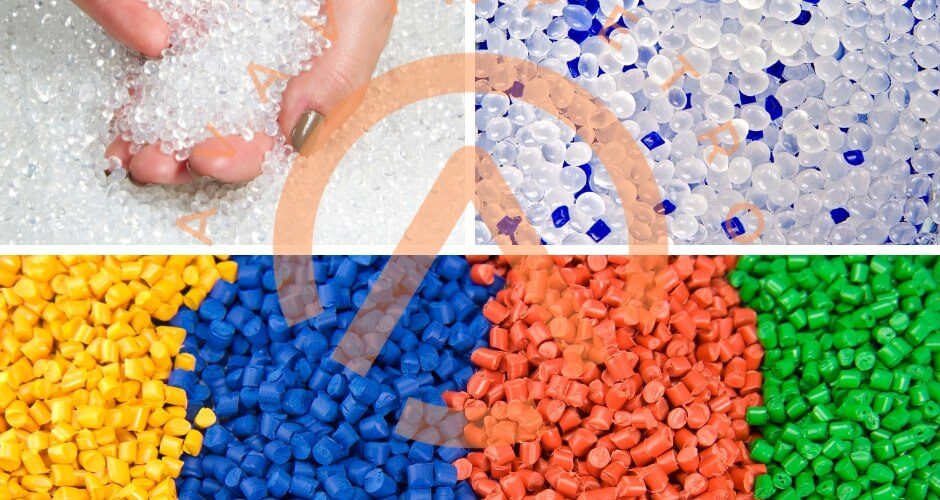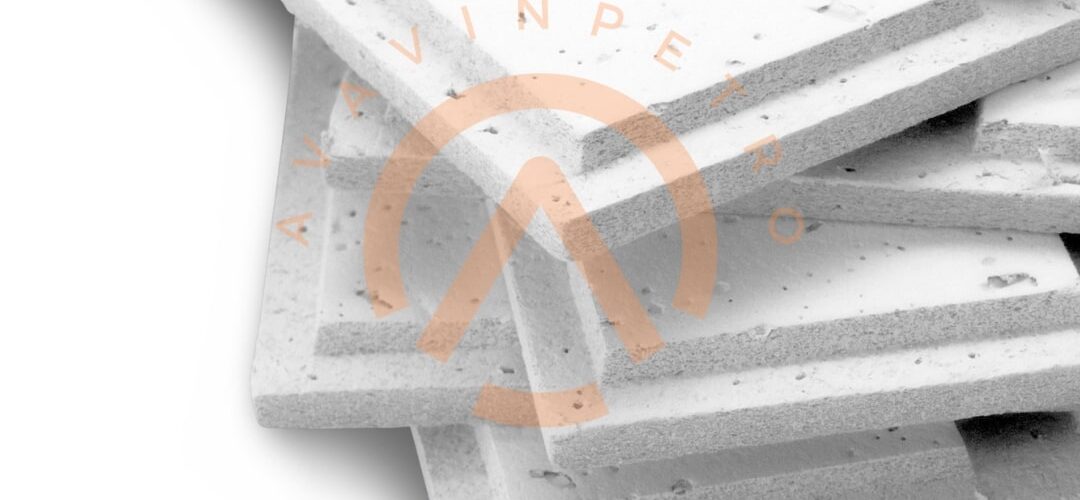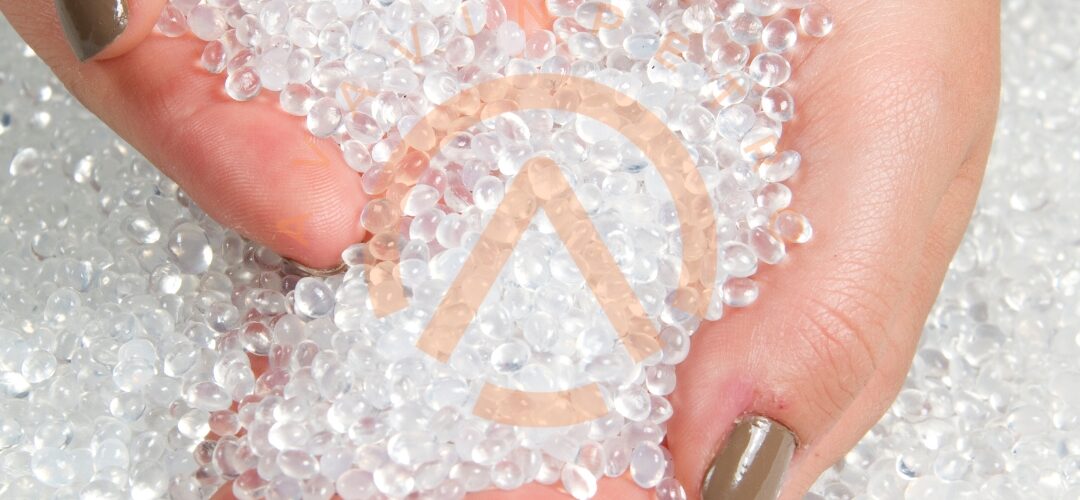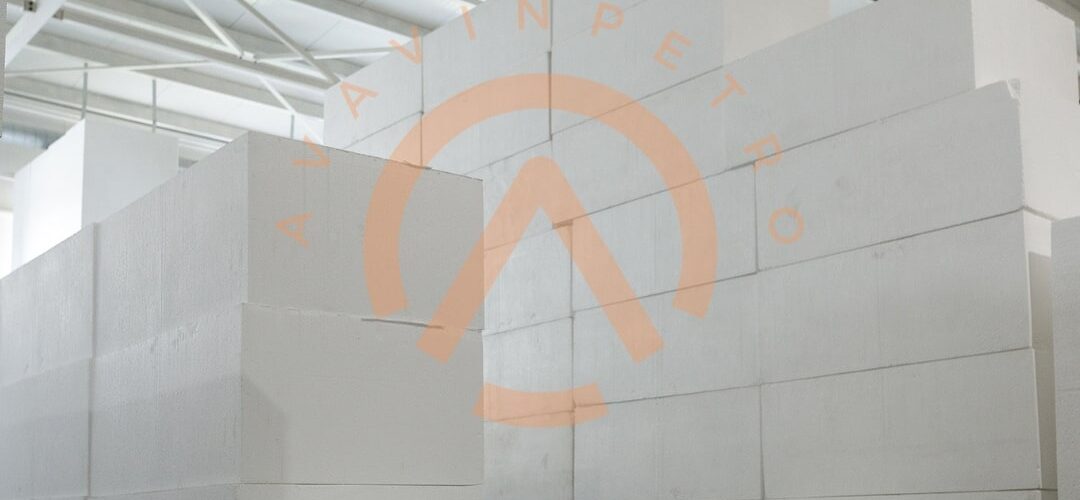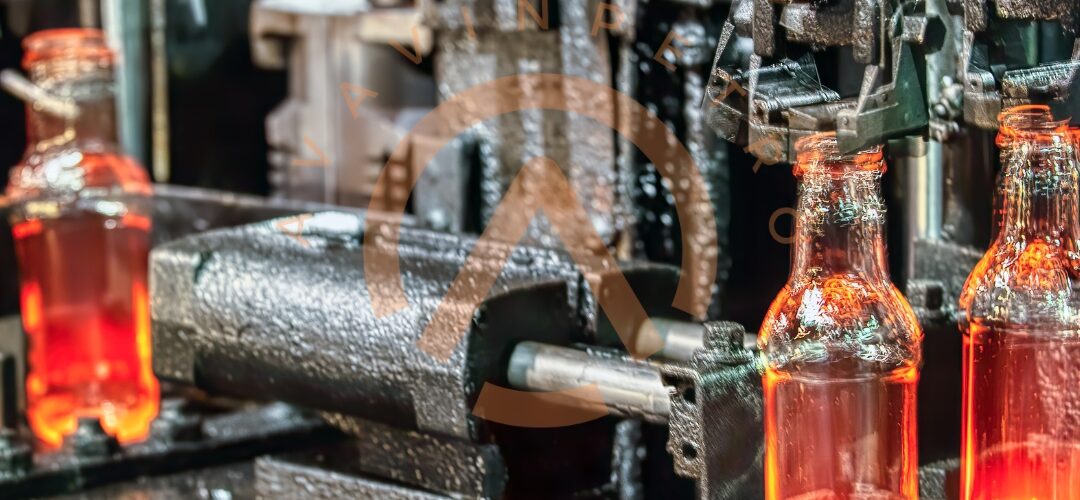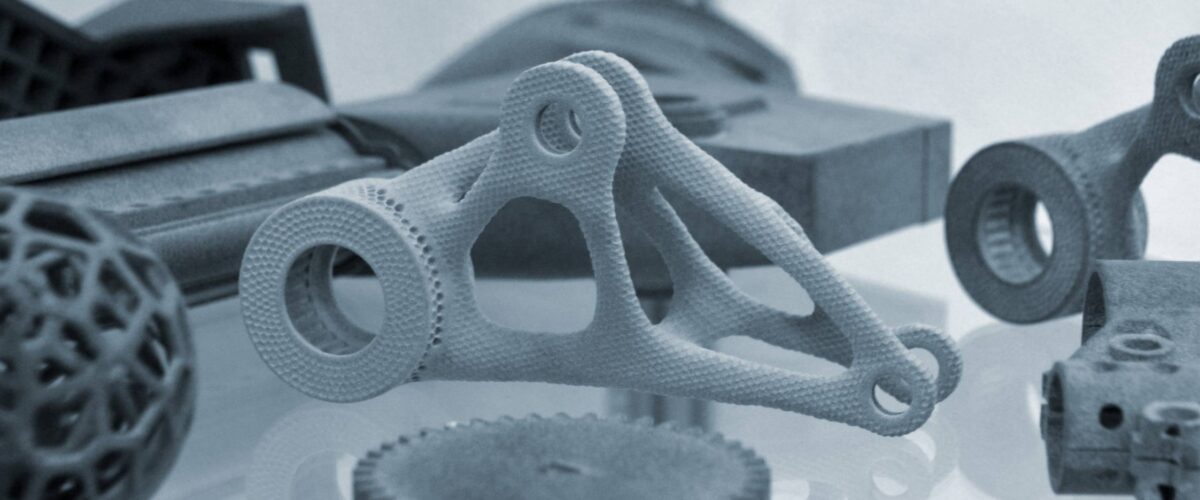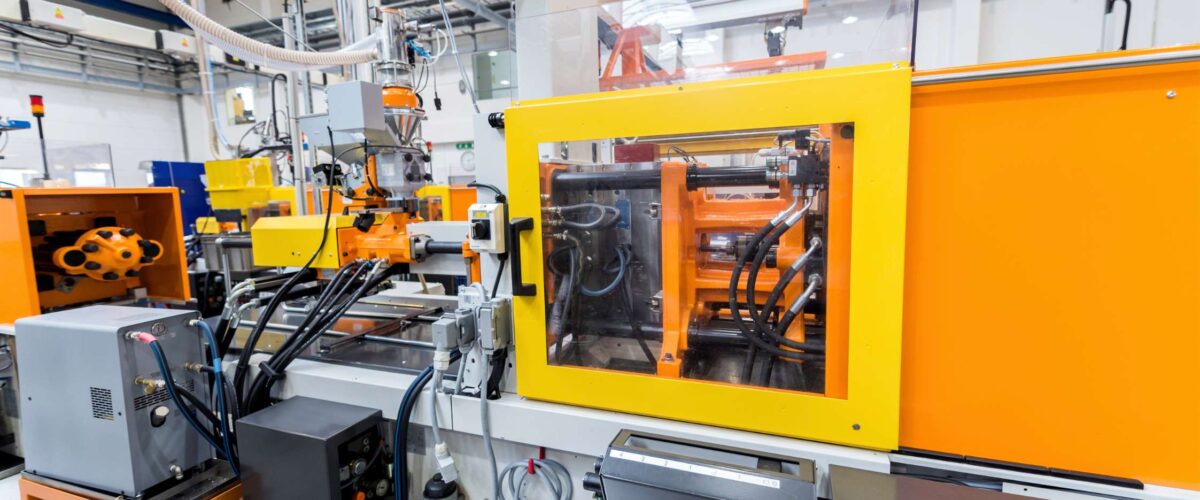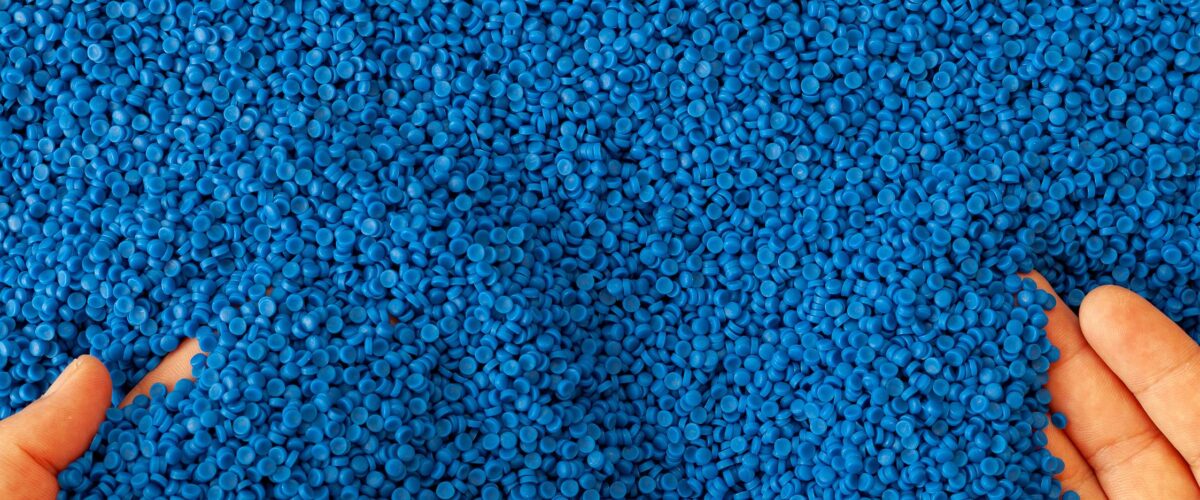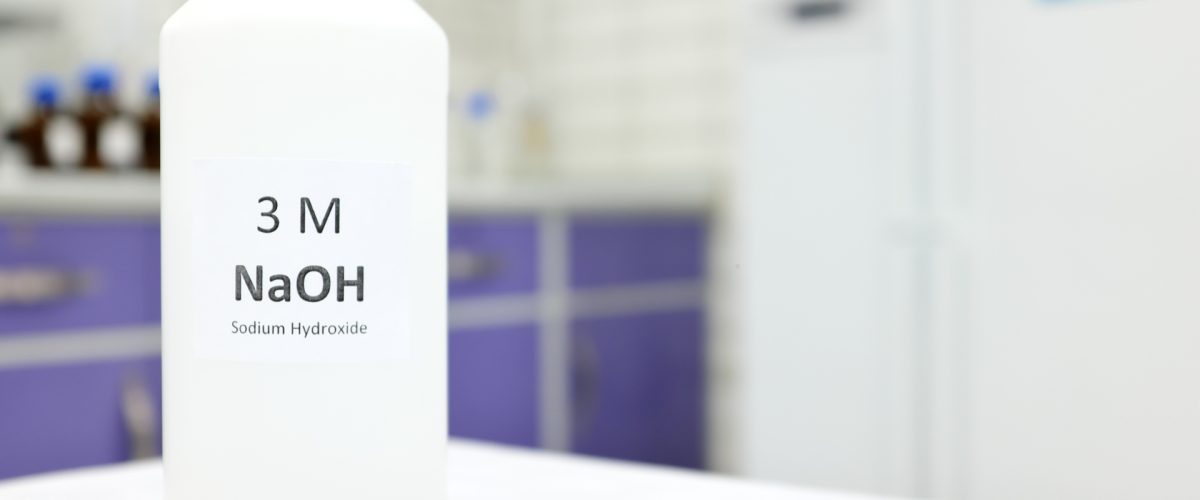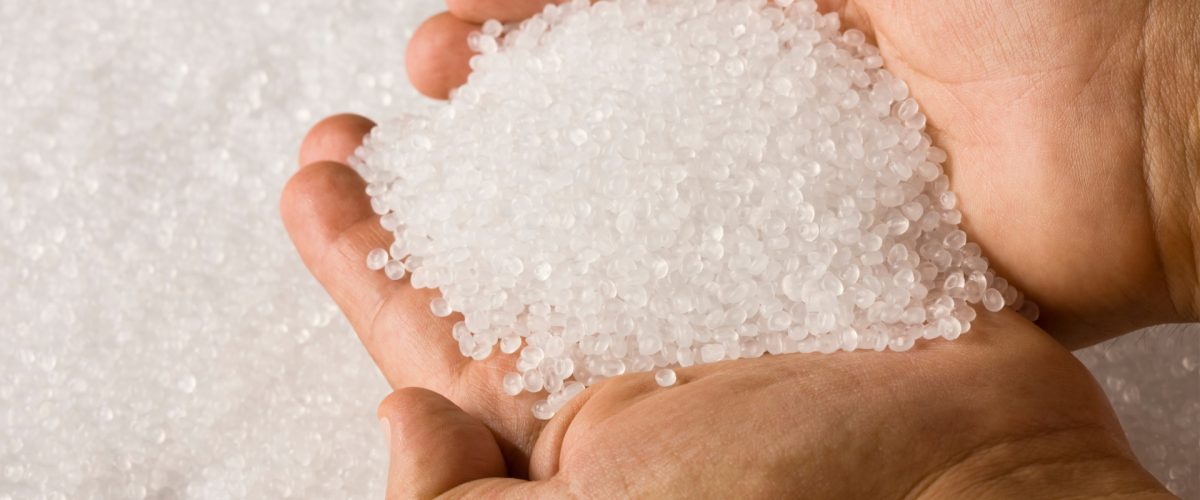Polimerler, modern endüstrinin vazgeçilmez malzemelerindendir. Bu malzemeler, tekrarlayan yapıya sahip moleküllerden oluşurlar ve çeşitli endüstriyel uygulamalarda kullanılırlar. Stirenik polimerler, stiren adı verilen bir monomerin polimerizasyonuyla elde edilen polimer ailesidir. Bu makalede, stirenik polimerlerin özelliklerini, yaygın uygulama alanlarını, güvenilir bir tedarikçi olarak AvavinPetro’yu ve EPS (Genleştirilmiş Polistiren) malzemesini inceleyeceğiz. Ayrıca, stirenik polimerler pazarına genel bir bakış sunacağız.
Stirenik Polimerlerin Özellikleri
Stirenik polimerler, çeşitli fiziksel ve kimyasal özelliklere sahip olabilirler. Bu polimerler genellikle şeffaf veya opak olabilirler ve sert, dayanıklı ve dökülebilir yapılarıyla bilinirler. Ayrıca, elektriksel yalıtkanlık, termal kararlılık ve kimyasal direnç gibi istenen özelliklere sahip olabilirler. Stirenik polimerlerin özellikleri, polimerin moleküler yapısına, polimerizasyon sürecine ve kullanılan katkı maddelerine bağlı olarak değişebilir.
Stirenik Polimerlerin Türleri
Stirenik polimerler, farklı monomerlerin birleştirilmesiyle elde edilen çeşitli polimer tiplerini içerir. İşte bazı yaygın stirenik polimer türleri:
Polistiren (PS): Polistiren, stiren monomerinin polimerizasyonuyla elde edilen bir termoplastiktir. Genellikle şeffaf veya opak, sert ve kırılgan bir malzemedir. Polistiren, paketleme malzemeleri, gıda kapları, oyuncaklar ve izolasyon malzemeleri gibi birçok endüstriel uygulamada kullanılır.
Genleştirilmiş Polistiren(EPS ): EPS (Genleştirilmiş Polistiren), hafif, hava dolu bir polimer malzemedir. Yüksek sıcaklıkta polistiren granüllerinin genişletilmesiyle elde edilir. EPS, düşük yoğunluğa sahip olup, iyi izolasyon özellikleri, yüksek mukavemet ve düşük su emme özelliği ile bilinir. Bu nedenle, EPS, binalarda ısı yalıtımı, ambalaj malzemeleri, inşaat panelleri, soğutma ekipmanları ve taşıma konteynerları gibi birçok uygulamada yaygın olarak kullanılır.
Polimerizasyon Sönümlü Polistiren (HIPS): HIPS, stiren monomeri ve kauçuk monomerinin polimerizasyonuyla elde edilen bir kopolimerdir. Bu polimer, polistirene göre daha esnek ve darbeye dayanıklıdır. Bu özellikleri nedeniyle, HIPS, elektronik ekipman ambalajları, oyuncaklar ve otomotiv parçaları gibi uygulamalarda tercih edilen bir malzemedir.
Akrilonitril-Bütadien-Stiren (ABS): ABS, akrilonitril, bütadien ve stiren monomerlerinin birleştirilmesiyle elde edilen bir kopolimerdir. ABS, darbeye dayanıklı, sert, termal kararlı ve kolay şekillendirilebilir bir malzemedir. Otomotiv endüstrisinde, elektronik cihazlarda, tüketici elektroniği ve ev aletlerinde yaygın olarak kullanılır.
AvavinPetro: Güvenilir Bir Stirenik Polimer Tedarikçisi
Stirenik polimerlerin güvenilir bir tedarikçisi olan AvavinPetro, endüstri standartlarını karşılayan yüksek kaliteli malzemeler sunar. AvavinPetro, müşterilerine geniş bir ürün yelpazesi sağlar ve müşteri ihtiyaçlarına özelleştirilmiş çözümler sunma konusunda uzmandır. AvavinPetro’nun tedarik zinciri yönetimi, kalite kontrol süreçleri ve güvenilirlik standartları, müşterilerin stirenik polimer ihtiyaçlarını karşılamalarına yardımcı olur.
Stirenik Polimerler Pazarına Genel Bakış
Stirenik polimerler, endüstriler arasında geniş bir kullanım alanına sahiptir ve sürekli olarak büyümektedir. Otomotiv, ambalaj, elektronik, inşaat ve tüketici elektroniği gibi sektörlerde yaygın olarak kullanılan bu polimerler, dayanıklılıkları, şekillendirme kolaylıkları ve çeşitli özellikleri nedeniyle tercih edilmektedir. Büyüyen nüfus, endüstrileşme ve teknolojik gelişmeler, stirenik polimerler pazarının gelecekte de büyümeye devam etmesini sağlayacaktır.
Sonuç
Stirenik polimerler, özellikleri ve çeşitli uygulamalarıyla endüstride önemli bir rol oynamaktadır. AvavinPetro gibi güvenilir tedarikçiler, yüksek kaliteli stirenik polimer malzemeleri sunarak müşterilere ihtiyaçlarına yönelik çözümler sunmaktadır. Ayrıca, EPS gibi stirenik polimer bazlı malzemeler, izolasyon ve ambalaj endüstrileri gibi birçok alanda yaygın olarak kullanılmaktadır. Stirenik polimerler pazarı, artan talep ve sürekli gelişen teknolojilerle birlikte gelecekte de büyümeye devam edecektir.

